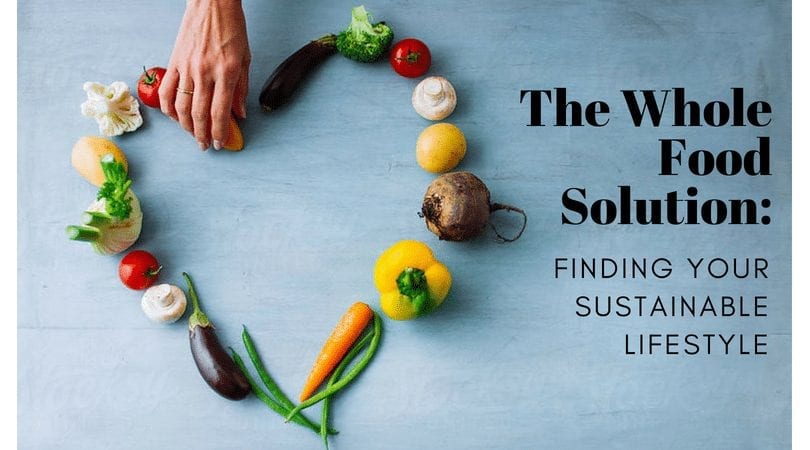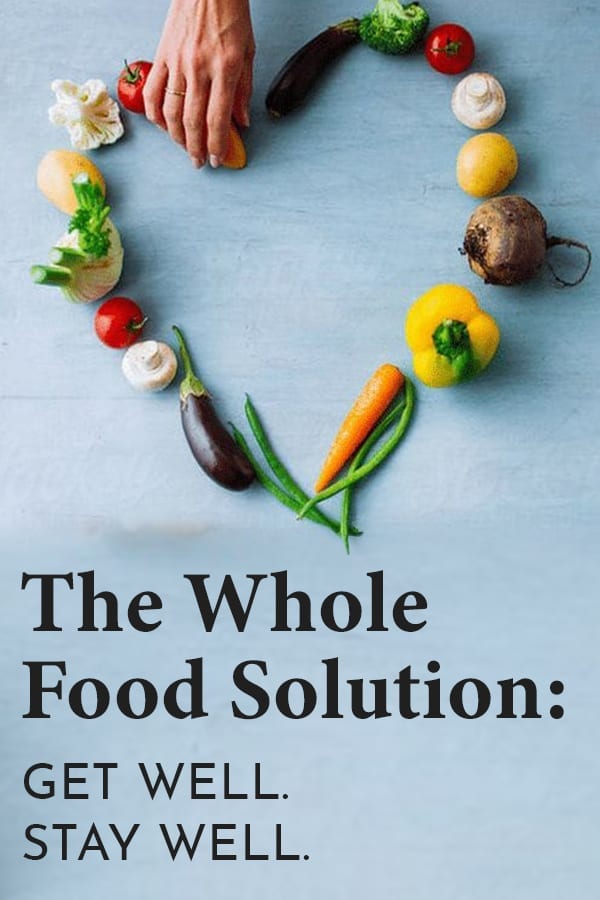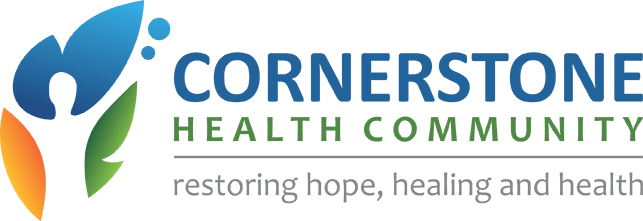
Anyone notice that the world of Nutrition is confusing?
This was certainly my experience when my husband was diagnosed 13.5 years ago with Celiac Disease and we were told he needed to start eating Gluten Free. “Gluta … what?” I remember asking as the young Boston doctor had already turned to leave the room. Thankfully we had happened upon a doctor who knew to test for Celiac Disease. However, now that we knew what was going on, we had no direction from him or anyone on his team as to how to walk out the lifestyle necessary to heal his body and keep him well.
This is why I do what I do.
The Standard American Diet is not helping us be well, get well or stay well. Sadly, it is what most of us have been taught and so the process of re-learning this core element of life is a tricky course, especially when the information floating around is not only confusing, but often at complete odds. It can be even more puzzling as different experts weigh in with their conflicting opinions and research. I love to coach individuals and help shepherd people through the experience of this steep learning curve that is necessary when root causes of health issues are revealed.
At Cornerstone Health Community (CHC), we have the collaborative component of an on-staff Nutrition Therapist. That is me – and I love what I get to do at this office.
At the core of what I do is bring people to a place of understanding that we are whole people. My 90 minute intake is a time to discuss life context and gather understanding in the four pillars of well-being; diet, activity, sleep, and stress management. What does this look like presently in an individual’s life, and how do we get to a place of greater overall well-being? Everyone’s story is unique and the solutions are what we discover together. We collaborate to find a sustainable path that is not about perfection, but about finding rails to ride that are sustainable and allow for the curves life brings.
Here at CHC, people come to us looking for help because they are experiencing health issues that they want to have solved. Nutrition is one component of the Partnership Plan we develop as a team here at the office. The Partnership Plan includes blood work, labs, workshops, and one-on-one doctor and nutrition appointments.
When we start the Nutrition component of the plan we first, work hard to find the best lifestyle that is going to support an individual through the work of actively healing. This is when we use tools like an elimination diet, an anti-inflammatory diet, an autoimmune paleo approach, a liver detox and or a low mold diet to clear the decks, remove toxic burden, balance blood sugar, and reduce inflammation. This process allows the nutrient dense diet to nourish the individual as well as discover which foods might be culprits to that individual. This work is done through the duration of an individual’s efforts to get to a healthy place of feeling well.
As individuals walk through the tunnel of recovery, we work together to find a sustainable lifestyle – a real, whole food solution in tandem with regular activity, great sleep rhythms, and the capacity to manage stress in ways that keep a person healthy, strong, vibrant and empowered. We actively create a lifestyle that keeps you feeling well for the long haul, not just a year from now, but through the decades ahead, so that you are equipped with the understanding of how to be well.
While working with people, it becomes clear rather quickly that I am not a fan of perfection. I feel that the stress of being perfect and white-knuckling a lifestyle can sabotage the good work we do in the areas of diet, sleep, and activity. We live in a real world of work, meetings, home, neighborhood potlucks, vacations, birthdays, holidays and spontaneous fun. My hope is that each person I work with will find rails where they feel best, that they are confident in understanding why these rails work for them, and that those rails feel sustainable and life-giving as they transport individuals in fulfilling their life purpose.
The basis of my recommendations around food choices come from many sources, but find their footing in a real, whole food diet, that is nutrient-dense and anti-inflammatory. This looks a lot like how folks ate before so much of our food was being created in labs and mass-produced in factories. Michael Pollan says to think about whether your great-grandmother would recognize the food you are about to nosh on – if not, then this is a good indicator that this food may not being your body’s friend.
Other resources that I trust and refer to in my work include:
- Mark Hyman – his books, website, podcasts, seminars, workshops and on-going blog
- Autoimmune Wellness – the website and their published book
- Michelle Tam – her website and cookbooks
- Diane SanFilippo – her podcast, knowledge about healthy skincare, and cookbooks
- Chris Kresser – his books, blog, podcast, and website – he’s a tremendous mind and change-maker in the field of Health
- Institute of Functional Medicine Toolkit
All of these resources that I trust, promote and encourage folks to look at the whole story of their life. This is where we dig into ways to become more active, to sleep better, and to manage stress in a culture which is eager to push us into the deep end of the stress pool on a regular basis. Is a person isolated? Is a person dealing with unresolved trauma? Did an individual live in an environment that may have been toxic to the system?
Everybody has an individual story which is why we do our work at Cornerstone Health Community with great care and a great deal of one-on-one time. This allows us, as a team, to get to the root cause of what is going on and then it allows for me, in my role, to put together recommendations around nutrition and lifestyle that fit within the context of an individual’s daily life.
What is the greatest thing in all of this? We get to partner with people who are getting well. Once men and women are directed to the right tools, given the right data, and equipped with healing information, we see them rise up and step into an empowered season of getting well. We high five them and we high five each other because it is an all-around effort as we partner together in this work. We can give lots of information, but it is the individuals who pick up the information and actually apply it, who move forward in well-being. I’m thankful to get to do this kind of work and be a part of healing journeys that last.
Moyra Jean Stiles ~ Nutrition Therapist, CNTP

